

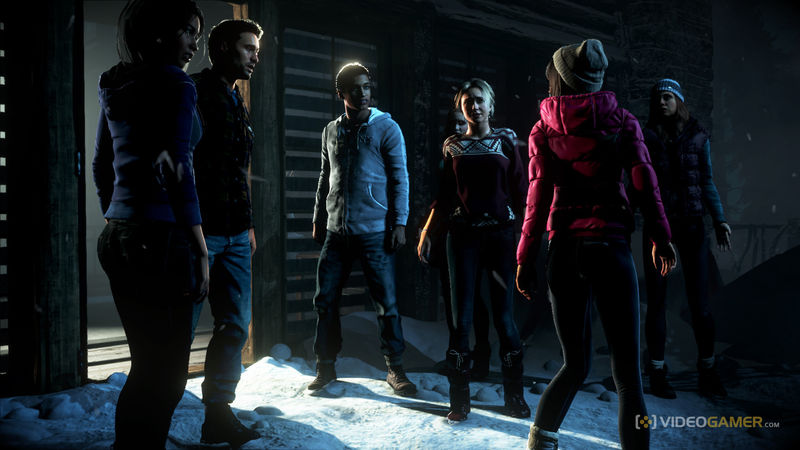

Until Dawn is an absurd game, and I like it. There's a rampant silliness to it that appeals, in the early stages at least before (no doubt) it explains it all away later on. It constantly forces the player to ask questions, and most of said questions are enough to make you shake your head and let out a little chuckle. Why does the bad guy appear to have the Predator's heat vision? Why would you use a lighter and deodorant combo to make a makeshift flamethrower to open a frozen lock when people could just climb in through the window, like you just did? What the fuck is Peter Stormare, sleazy and unintelligible here as ever, even saying? Who takes a bath and doesn't notice a clown in the corner there, doing clown stuff?
Who, when confronted with the fact it took them 20 minutes to hike up a mountain to a remote cabin, discovers that a phone has been thrown through a window, turns to their sex-compatriot and shrugs saying 'It's your phone', as if it was the most natural thing in the world?
Nobody, is the answer. I can't even cross the landing at night to take a piss without suspecting that some ne'er do well is lurking, blade in hand and glint in eye, to fillet me like a well-dressed fish in a bathrobe. Yet these guys wander on, shirtless at the top of a mountain covered in more snow than a Game of Thrones fan's Tweetdeck, regardless. They're all college students, but it feels when the game is done the survivors (if any) are so hard they will all band together to form some sort of Metal Gear boss faction.
Anyway: Until Dawn is silly and stupid and nonsensical in a lot of ways, but also smart and resourceful in others: it draws from slasher movie tropes and iconography, but understands that pacing and context are important, and the game's early hours are adept at wringing both affection and fear out of players, even when there's been no killing.
It's also an odd game, in which the player takes on various different roles, and I don't just mean between the cast. While it seems in the beginning as if you're essentially an actor, playing a role and guiding these idiots through the set (there's not much leeway for going off on your own, or running away, or barricading the bathroom and hiding out with a gun and a bottle of Wild Turkey) soon the choices you make frame you more as a director of a horror movie.
Your actions, directly and indirectly, lead to the downfall of the teens, and as such at points it feels as if you're behind the camera (which, technically, you are), calling the shots. Well, not all of them: the game puts certain restrictions on you, so just imagine you're a director, but with studio pressure. You're David Fincher on Alien3: capable, talented, yet constrained by Other Forces. It's an unusual feeling. Not that games don't often lead players to certain endpoints, but there is usually some agency involved (there are QTEs here, but I'm yet to fail one).
In Until Dawn, or at least what I've played of it, you're making high-level decisions in between shepherding your cast onto set. That you're given hints towards what might happen in the future via various totems adds to the effect: in part you've seen the 'script', now its up to you to act on – and interpret – it.
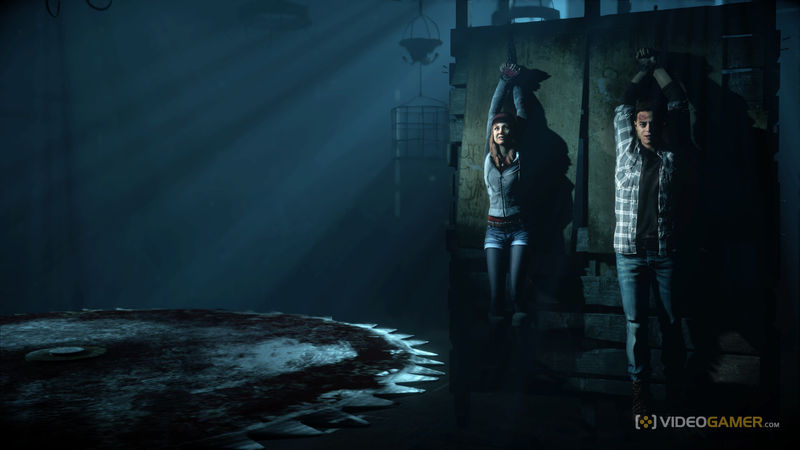
It's a clever setup, and it works, in part, because Supermassive gives Until Dawn room to breathe. It's well-shot, beautifully so even, at the expense of the frame rate, which approaches 30 with all the urgency most footballers do. Nevertheless, the environments sell the story, lending a fidelity to familiar mines and cabins and snow-covered trails that previously, outside of the Resident Evil remake, hasn't been seen before. You get to know these people you're 'controlling', and while they may not be exactly deep there's enough humanity in their stupid little faces and wants and mores to make you care somewhat. You're also very aware that you're taking them, potentially to their deaths.
I'm yet to get much beyond my first death in Until Dawn, but I'm glad that the game turned out as well as it has, going by my early impressions and other people's opinions. I played it at preview and it made no sense: literally none. So much so that I had to ask the producer whether or not it was a dream sequence, which predictably didn't go down very well.
Still, in context, Until Dawn works, as a campy horror game with an interesting twist on player choices and involvement. It'll be interesting to see the split between those who want to play it 'straight' and the gorehounds who are directing their own slasher flick. It has a tremendous amount of replay value by virtue of wanting to see what happens if you change your choices, and if the teen-horror genre is a procession of people getting killed in different ways then it also functions as its own pseudo-sequel, or at least a sidequel.
It's also an example of a game which I thought had all but died out on console: the so-called Double-A title, one which took risks and moved away from the shooter/sports/open world genres to experiment a little, while still utilising a larger budget and bigger production values. These games, especially on new-gen, feel few and far between. Until Dawn, an oddity, a Move game that broke free of those shackles to be one of the most interesting horror titles I've played in years, is one of them. It's got plenty of problems: some technical, some related to motive and agency, others simply annoying (Haven't these people heard of gloves). Despite this I'm glad it exists.

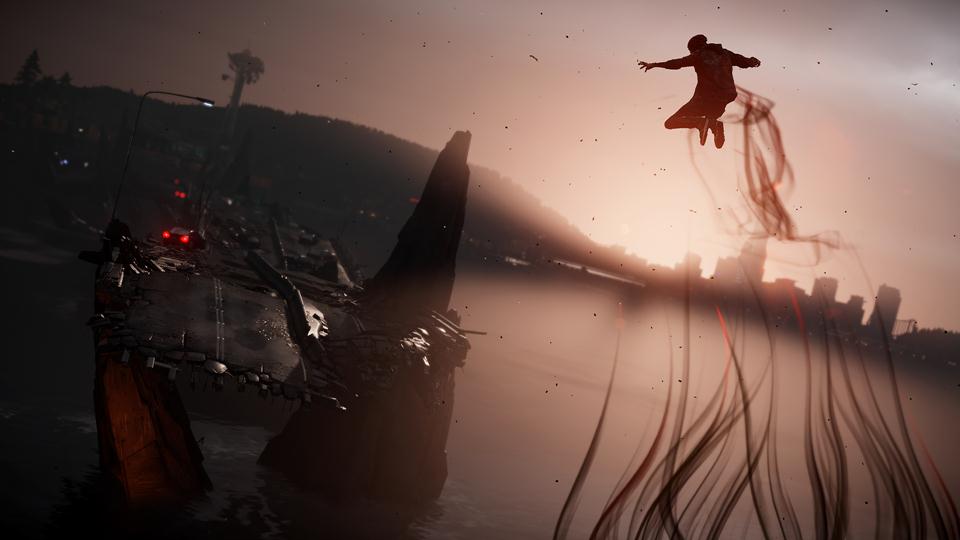
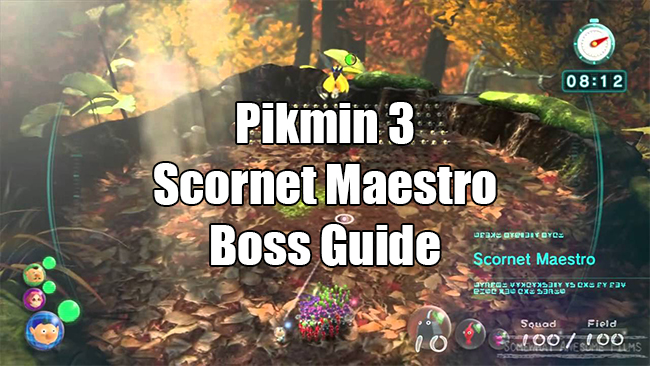

 Sleeping Dogs Payback Mission Walkthrough - GamersHeroes
Sleeping Dogs Payback Mission Walkthrough - GamersHeroes Torchlight 2: Tank Support Outlander Build Guide
Torchlight 2: Tank Support Outlander Build Guide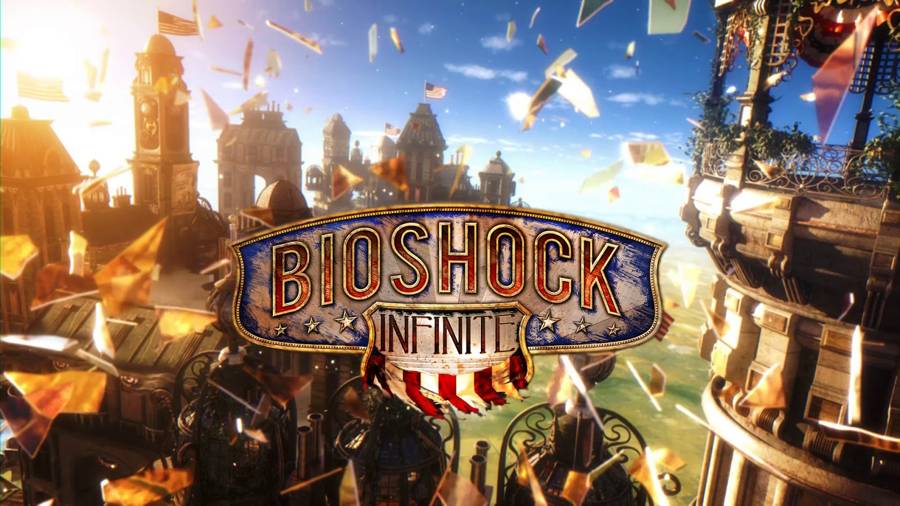 Bioshock Infinite Guide: Kinetoscope Location guide
Bioshock Infinite Guide: Kinetoscope Location guide Cloud9 at the ESL ESEA Dubai Invitational 2015
Cloud9 at the ESL ESEA Dubai Invitational 2015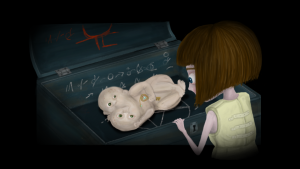 Walkthrough Fran Bow
Walkthrough Fran Bow